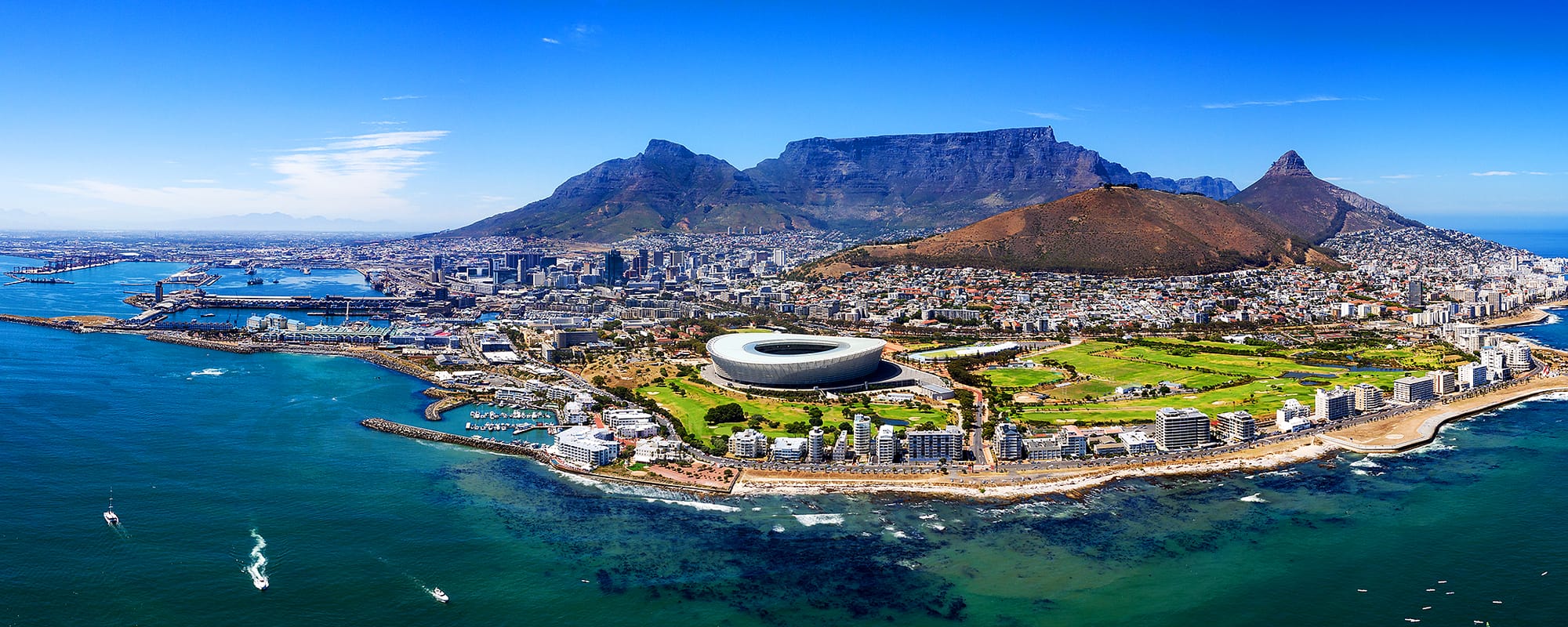Africa: Visa-Free Travel Becoming a Reality
Visa-free travel within a continent has been a long-cherished dream, and Europe has successfully achieved this through the Schengen Agreement.

Visa-free travel within a continent has been a long-cherished dream, and Europe has successfully achieved this through the Schengen Agreement. This agreement, in effect since 1995, created a borderless area between several European countries, promoting economic growth, increased mobility, improved mental health, and increased tourism. However, Africa has lagged behind in this regard, with its borders often characterized by stringent border operations. Nevertheless, there is a glimmer of hope on the horizon as several African nations are taking steps to implement visa-free travel policies and promote the free movement of people and trade within the continent.
Trans-African Highway Network

One significant development toward visa-free travel in Africa is the Trans-African Highway network, a planned system of highways that aims to connect all African nations, with the exception of a few countries. This infrastructure project could significantly facilitate cross-border travel within the continent, making it easier for people and goods to move freely.
African Countries Embracing Visa-Free Travel
Several African countries have embraced the concept of visa-free travel for Africans, marking a crucial step towards regional integration and economic development:
- Rwanda: On November 2, 2023, Rwanda announced its decision to allow Africans to travel to the country visa-free, becoming the fourth African nation to do so.
- Gambia, Benin, and Seychelles: These countries have also waived visa requirements for African nationals, welcoming travelers with open arms.
- Kenya: President William Ruto announced plans to allow all Africans to visit Kenya visa-free by December 31, 2023, further promoting regional cooperation and integration.

The African Union's Initiative
The African Union took a significant step towards fostering regional integration when it launched the African Passport and Free Movement of People initiative in 2016. While this initiative is primarily targeted at diplomats and AU officials, its ultimate goal is to eliminate restrictions on the ability of all Africans to travel, work, and live within their own continent.
Benefits of Visa-Free Travel in Africa
The visa-free travel initiative in Africa is expected to yield numerous advantages, including:
- Boosting intra-Africa trade, commerce, and tourism.
- Facilitating labor mobility and knowledge transfer within the continent.
- Promoting a sense of pan-African identity, social integration, and tourism.
- Improving trans-border infrastructure and shared development.
- Fostering a comprehensive approach to border management.
- Promoting the rule of law, human rights, and public health.
Challenges and Considerations
While the idea of visa-free travel is promising, it does come with challenges. Some of these challenges include:
The need for countries to enact legislation to adopt the African passport.
Ensuring that biometric data required for the African passport is collected efficiently.
Addressing logistical issues for those without travel documents or leading nomadic lives.
Despite these challenges, the momentum toward visa-free travel within Africa is growing. Progress is being made, and with increased collaboration and commitment, the dream of seamless travel within the continent is becoming a reality.
Africa is making significant strides toward implementing visa-free travel policies, following the model set by Europe's Schengen Agreement. With various African countries already allowing visa-free travel for Africans and the development of the Trans-African Highway network, the prospects for regional integration and economic growth on the continent are looking brighter. While challenges exist, the benefits of visa-free travel within Africa are numerous, and the path to a more connected and prosperous continent is becoming increasingly clear.





